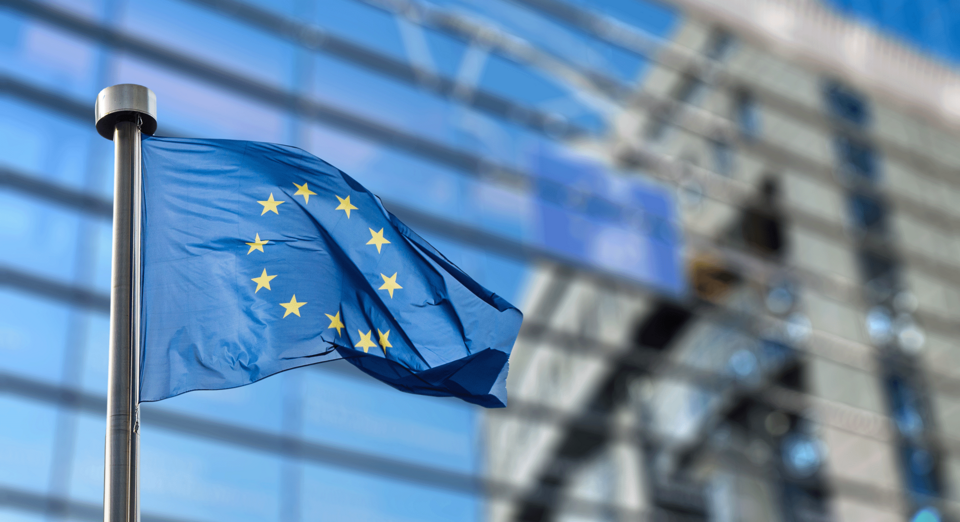
The election campaign for the European elections on 9 June is in full swing. Posters with the faces and slogans of the candidates for the European Parliament can be seen everywhere in European towns and villages. Every five years, the citizens of the EU elect their representatives in the largest cross-border democratic vote in the world. Around 400 million people are called upon to cast their vote and help shape the future of Europe. But what does the election mean for us at REWE Group?
As one of Europe's leading retail and tourism companies, the European elections affect us directly. We employ around 390,000 people in 21 countries, including ten countries within the EU. And with external revenue totalling more than 92 billion euros, we are not only an important employer, but also a key player in the European single market.
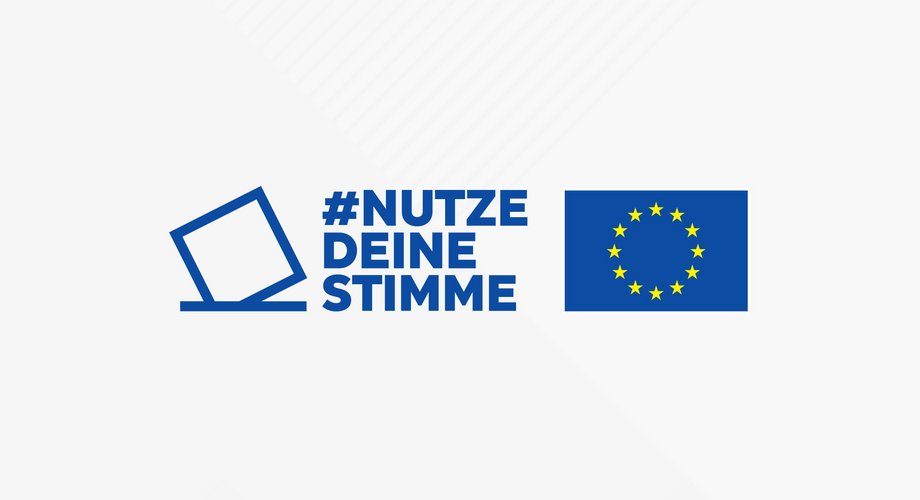 Official hashtag
Official hashtag
The European Union has a major influence on the framework conditions under which we do business. For example, the EU has introduced a supply chain law that will oblige companies to respect and protect human rights and environmental standards throughout their entire supply chain. Another example is the EU Packaging Regulation (PPWR), which is due to come into force at the end of 2024/beginning of 2025 and will standardise numerous aspects of packaging across Europe. Among other things, it sets binding requirements for reusable quotas, recyclability, compostability and labelling of packaging throughout Europe. This is a major challenge for the entire industry, but also an opportunity to develop innovative, sustainable solutions and increase resource efficiency.
What issues could determine the next five years - i.e. the next legislative period? Climate change remains one of the most important issues. A comprehensive action plan was proposed in the last legislative period with the "European Green Deal", including the goal of becoming climate-neutral by 2050. Niclas Biener, Head of EU Affairs & Agricultural Policy at REWE Group, commented: "Even if some of the European Green Deal's plans were rolled back in the wake of the farmers' protests, the new Commission will continue to drive forward Europe's transformation towards a 'greener' continent. In addition, the EU faces the challenge of getting the stuttering economy in the economic union back on track - also against the backdrop of foreign policy challenges. Here we hope for relief and a noticeable reduction in bureaucratic requirements."
Ultimately, as a retail and tourism company, we are affected in many areas. Divisional Director and President of Independent Retail Europe, Thomas Nonn: "Competition, company law, environmental law, consumer rights, health, digital, taxes, etc... - these are all issues that concern us. A better understanding by European decision-makers of the complexity and functioning of supply chains and a greater awareness of the impact of the multitude of EU measures on the retail sector would help the competitiveness and resilience of our sector. In this context, we welcome European projects and initiatives that aim to recognise and promote the importance and challenges of independent retailers across Europe."
From 6 to 9 June, around 400 million people are called upon to vote for the European Parliament. These are the most important tasks of the EU Parliament:
It decides together with the Council of the EU (based on proposals from the European Commission) on European laws and the EU budget.
It scrutinises the work of the European Commission and other EU institutions.
It elects the President of the European Commission and can withdraw its confidence in him or her.
It adopts a position on international agreements and issues relating to the EU's foreign and security policy.
It is committed to upholding fundamental rights, democracy and the rule of law in the EU.
Further information can be found here: https: //elections.europa.eu/de/
In Herzberg in Brandenburg, an extension to the Elsterland primary school opened in August 2023, including a new canteen. The construction was supported by the European Regional Development Fund (ERDF) with 4.3 million euros. It also contributed five million euros to the construction of the Innovation and Technology Transfer Centre (ITZ) at Bieberach University of Applied Sciences. And in Rommerskirchen near Cologne, it supported the Lößhohlweg Butzheim species conservation project. The EU provided 100 per cent funding from the European Social Fund for the "Hof Belvedere" youth workshop in Sehlendorf, Schleswig-Holstein. Young people with vocational integration barriers are supported here.
How do we know all this? The page What the EU does for me (europa.eu) shows how the EU supports regions or specific social groups. Just take a look and search for projects in your own region on the map or find out about your own areas of interest.
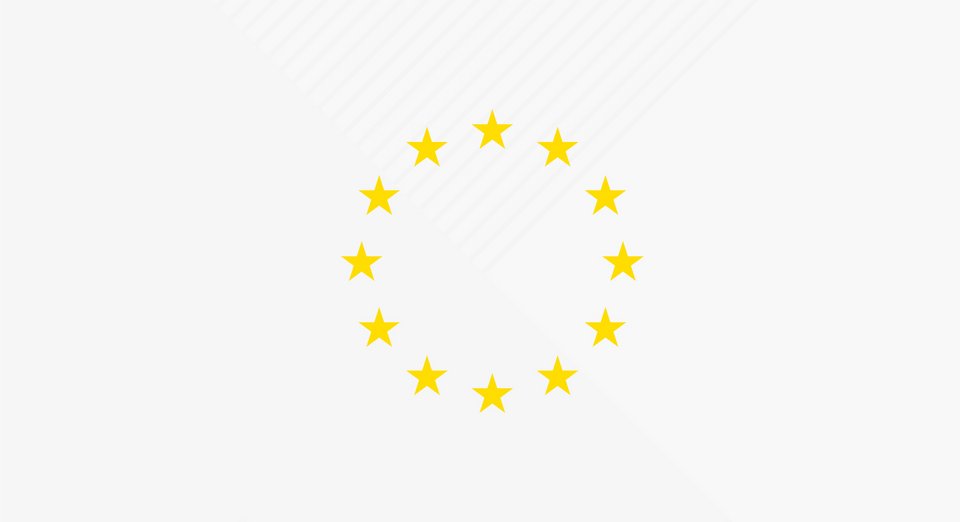
The election campaign for the European elections on 9 June is in full swing. Posters with the faces and slogans of the candidates for the European Parliament are hanging everywhere in European towns and villages. Every five years, the citizens of the EU elect their representatives in the largest cross-border democratic vote in the world. Around 400 million people are called upon to cast their vote and help shape the future of Europe. What significance does the election have for us, REWE Group? As one of Europe's leading retail and tourism companies, the European elections affect us directly. We employ around 390,000 people in 21 countries, including ten countries within the EU. And with a total external turnover of more than 92 billion euros, we are not only an important employer, but also a key player in the European single market.
The European Union has a major influence on the framework conditions under which we conduct our business. For example, the EU has launched a supply chain law that will oblige companies to respect and protect human rights and environmental standards throughout their entire supply chain. Another example is the EU Packaging Regulation (PPWR), which is due to come into force at the end of 2024/beginning of 2025 and will standardise numerous aspects of packaging across Europe. Among other things, it sets binding requirements for reusable quotas, recyclability, compostability and labelling of packaging throughout Europe. This is a major challenge for the entire industry, but also an opportunity to develop innovative, sustainable solutions and increase resource efficiency.
What issues could determine the next five years - i.e. the next legislative period? Climate change remains one of the most important issues. A comprehensive action plan was proposed in the last legislative period with the "European Green Deal", including the goal of becoming climate-neutral by 2050. Niclas Biener, Head of EU Affairs & Agricultural Policy at REWE Group, commented: "Even if some of the European Green Deal's plans were reversed in the wake of the farmers' protests, the new Commission will continue to drive forward Europe's transformation towards a 'greener' continent. In addition, the EU faces the challenge of getting the stuttering economy in the economic union back on track - also against the backdrop of foreign policy challenges. Here we hope for relief and a noticeable reduction in bureaucratic requirements."
Ultimately, as a retail and tourism company, we are affected in many areas. Thomas Nonn, Divisional Director and President of Independent Retail Europe, comments: "Competition, company law, environmental law, consumer rights, health, digital issues, taxes, etc... - these are all issues that concern us. A better understanding by European decision-makers of the complexity and functioning of supply chains and a greater awareness of the impact of the multitude of EU measures on the retail sector would help the competitiveness and resilience of our sector. In this context, we welcome European projects and initiatives that aim to recognise and promote the importance and challenges of independent retailers across Europe."
Translated with www.DeepL.com/Translator (free version)

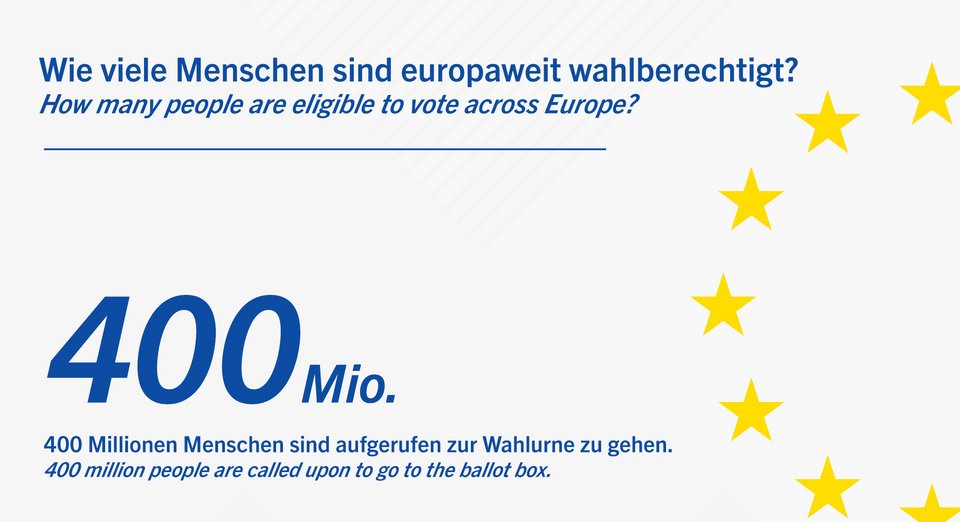
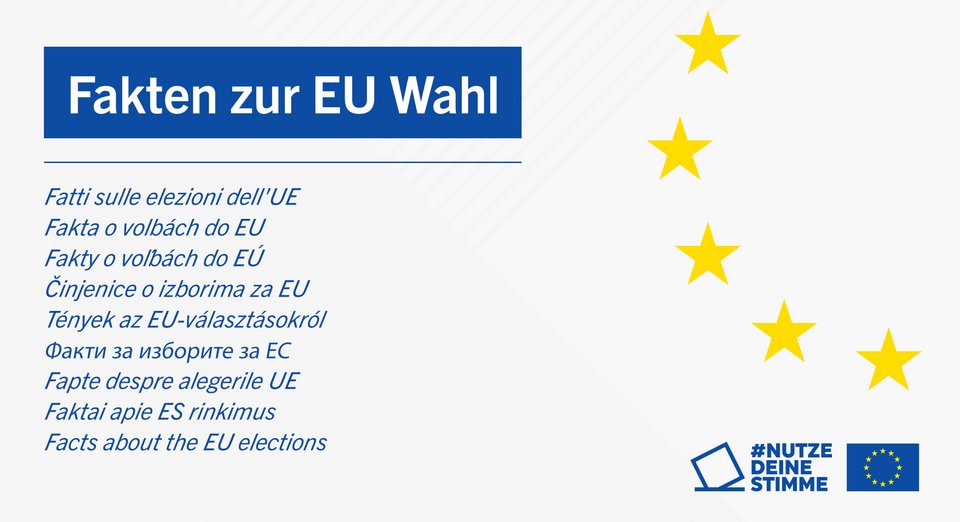
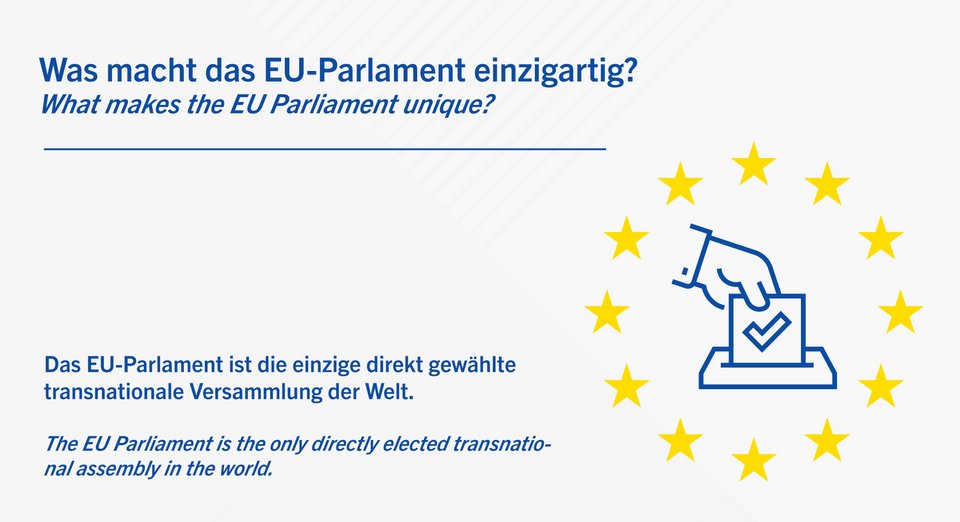
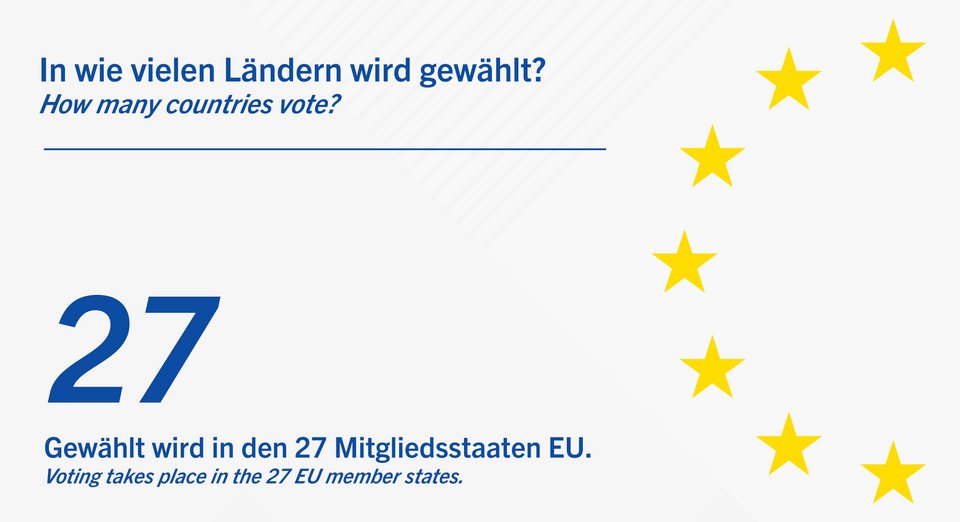
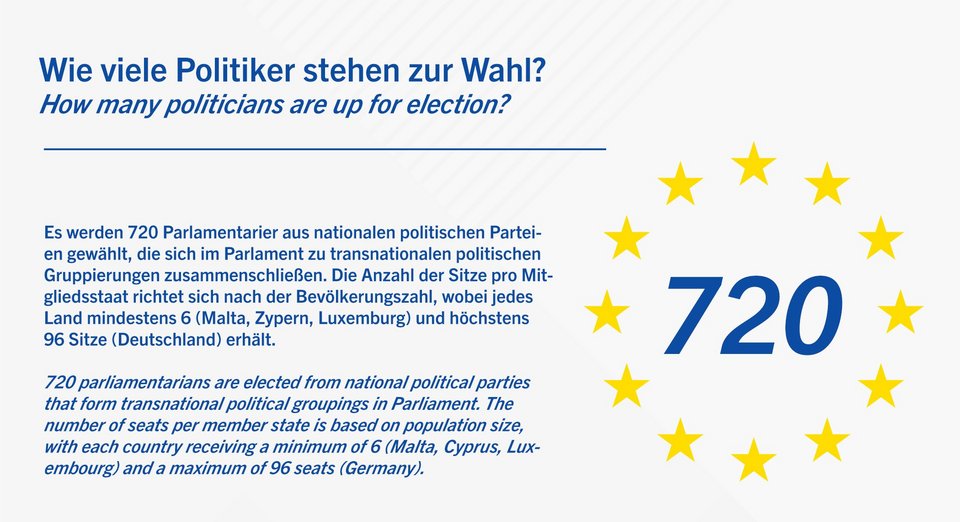
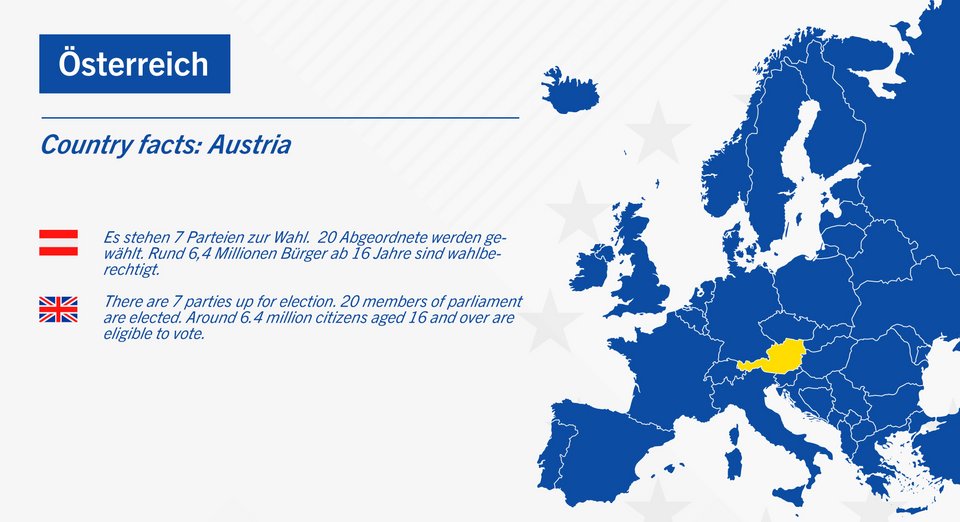
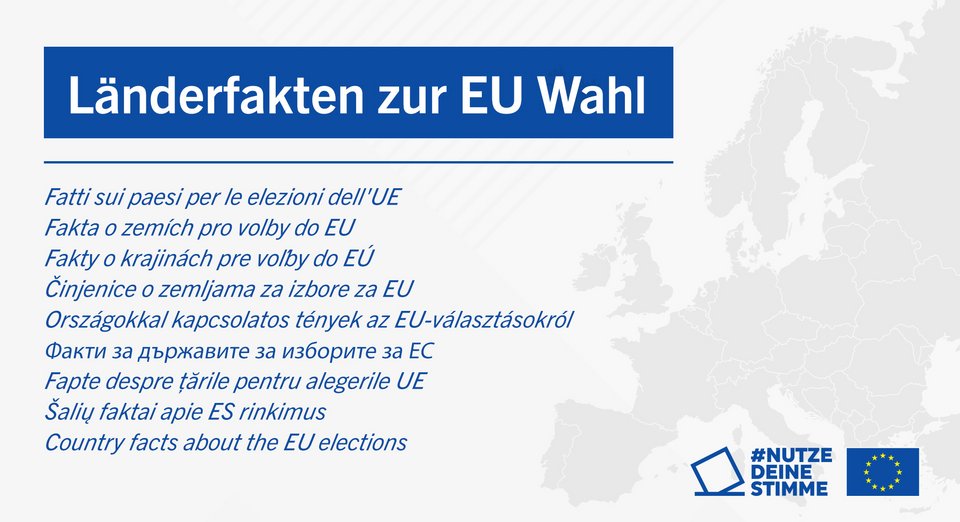
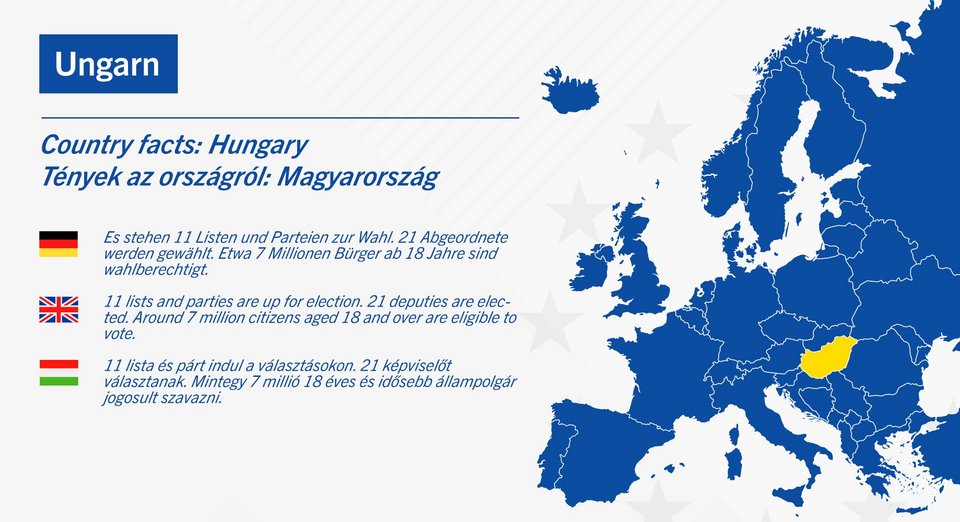
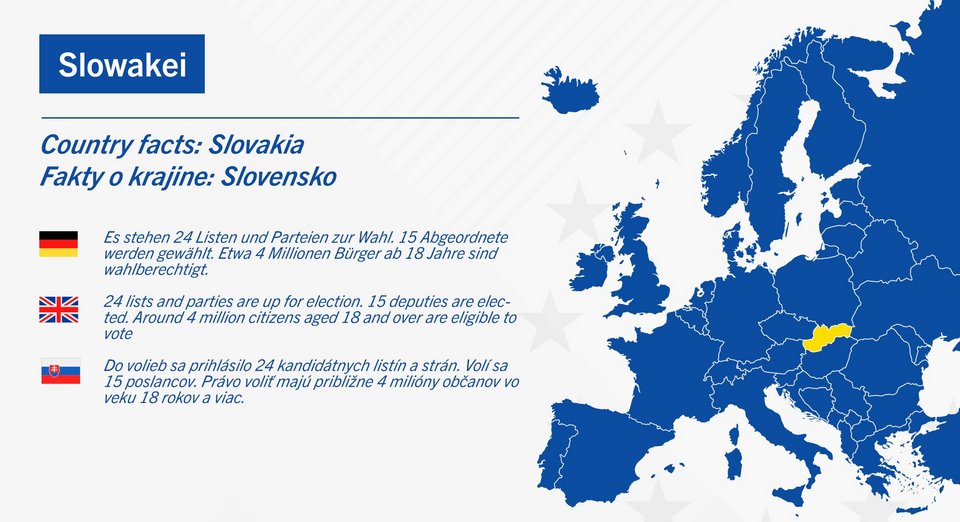
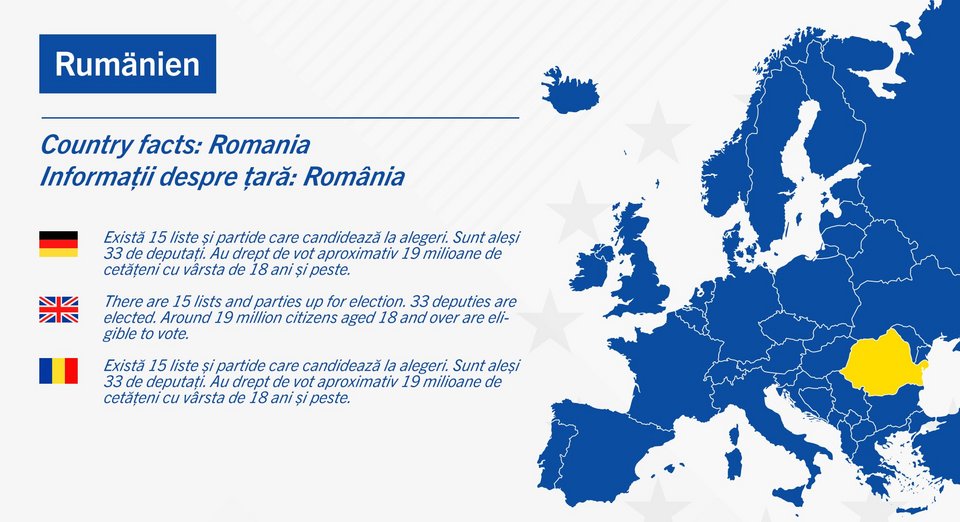
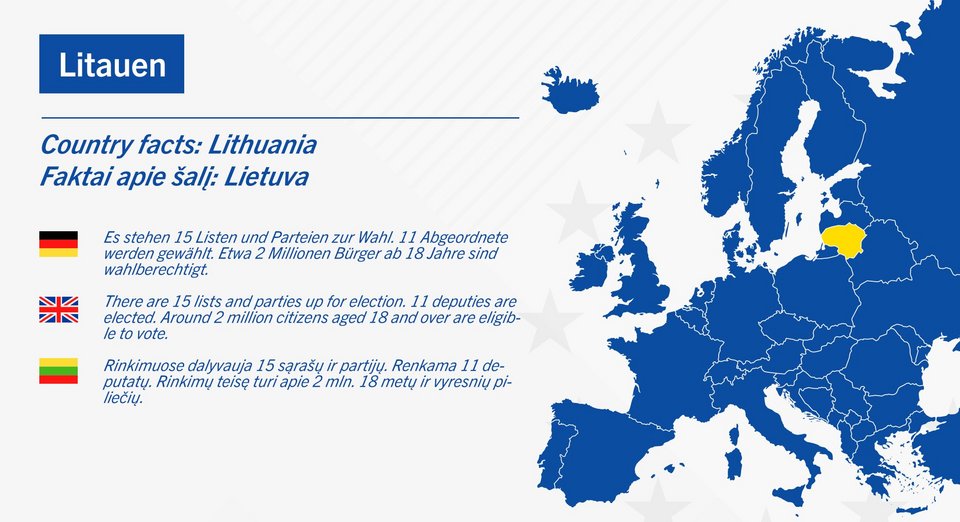
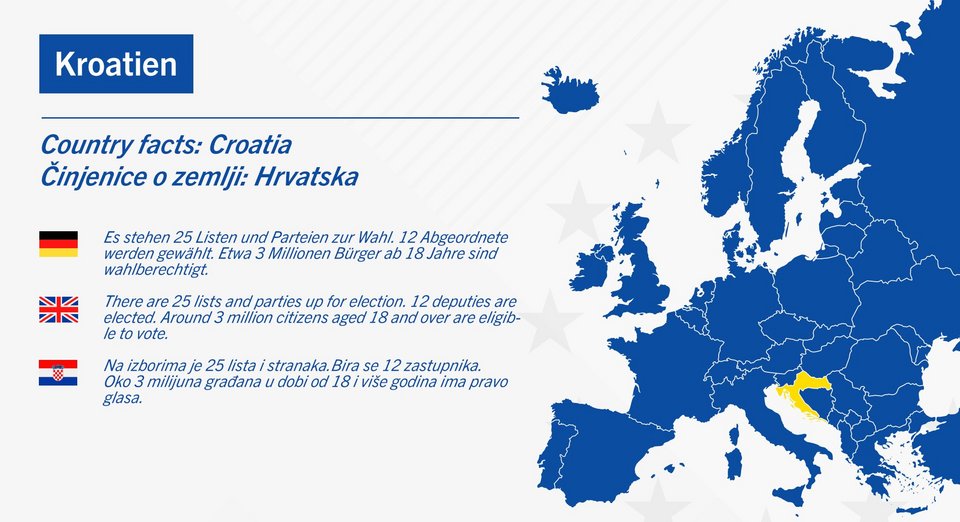
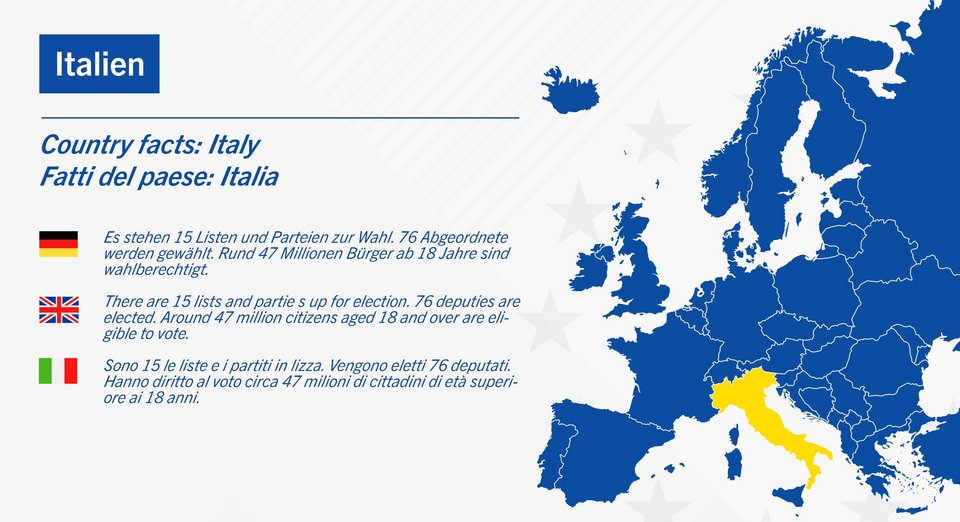
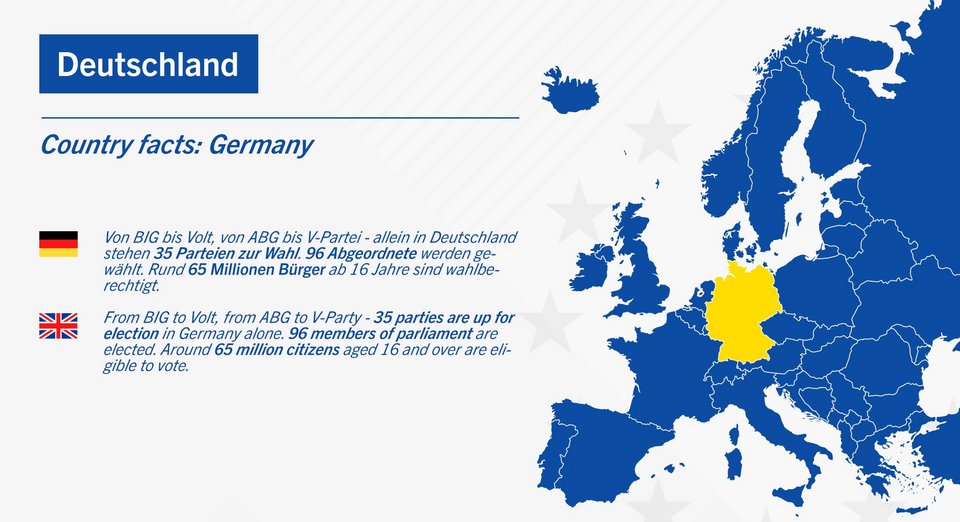
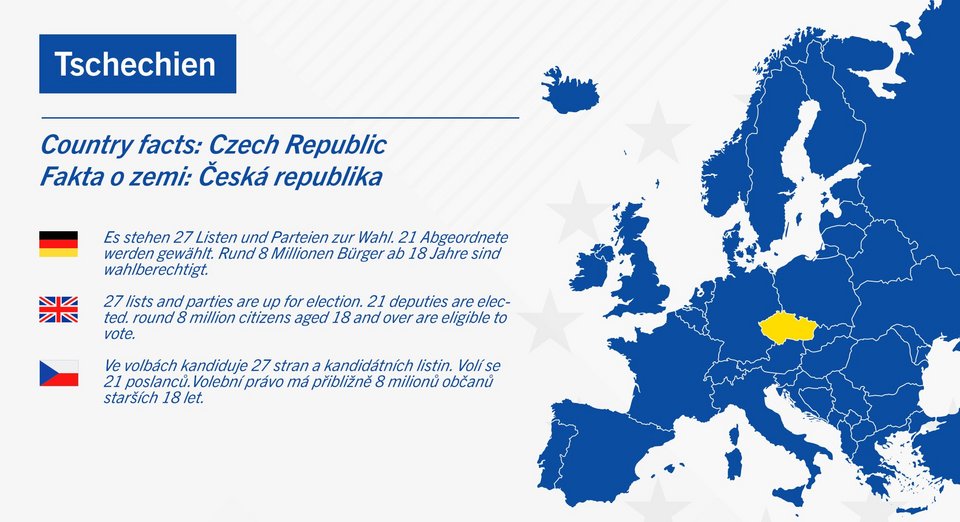
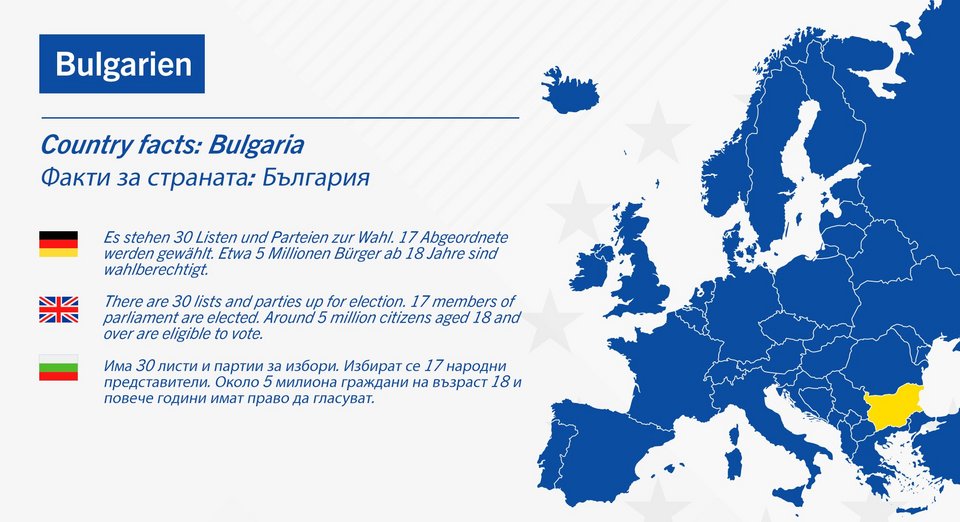

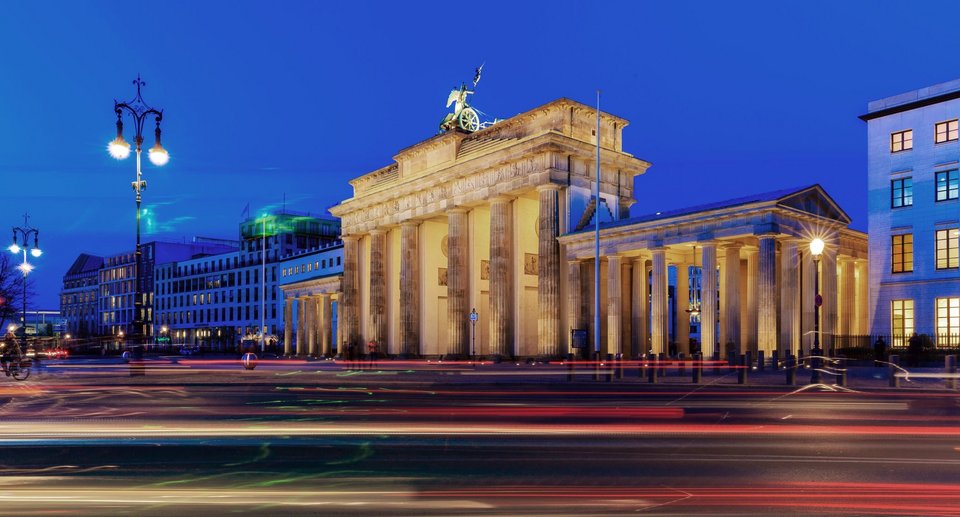
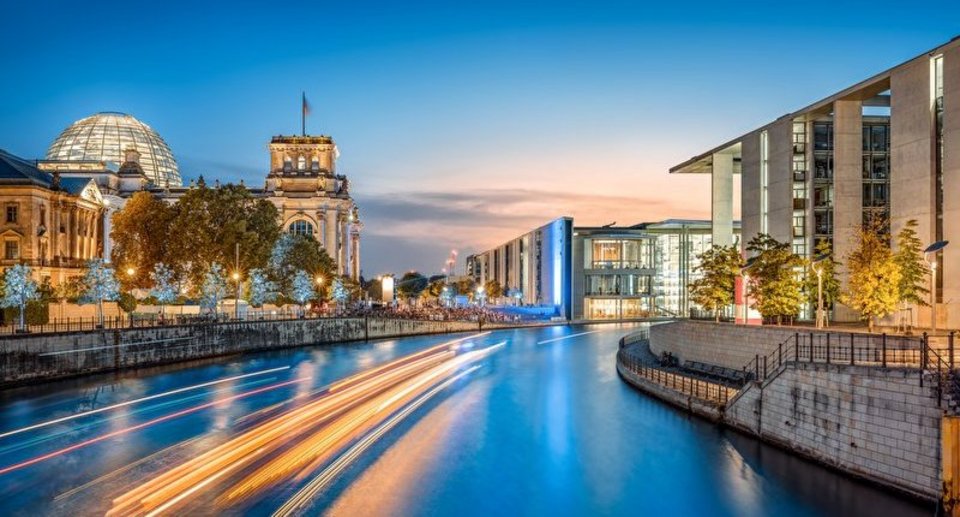

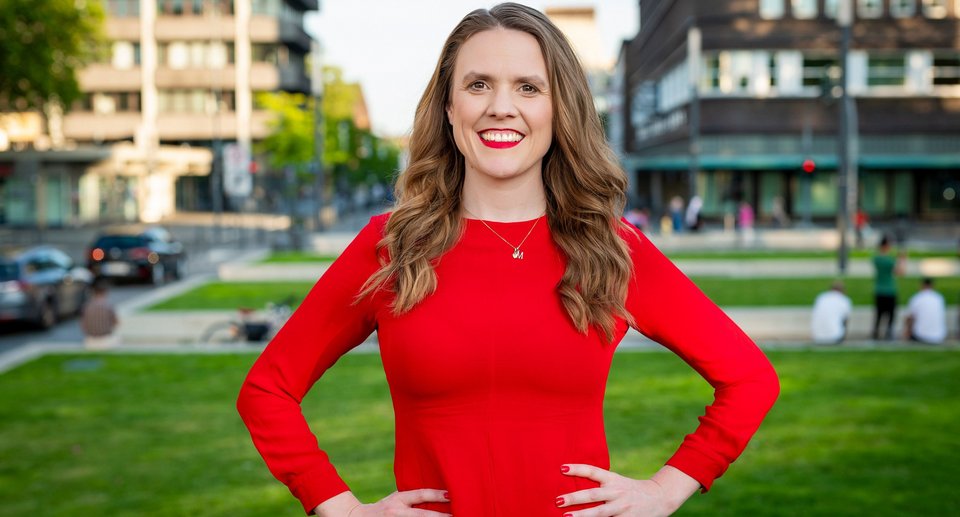

Both German and English comments appear here.
Thank you for reminding us to exercise our right to vote. It is also clear that we as REWE Group defend European values. I would have liked to have seen a little more explicit clarity that strengthening Europe is only possible by voting for democratic parties. Our many colleagues with a migration background hope for this strengthening, as do all other people who want peace, freedom and prosperity. Of course, I know that we are clearly positioned with our diversity orientation.